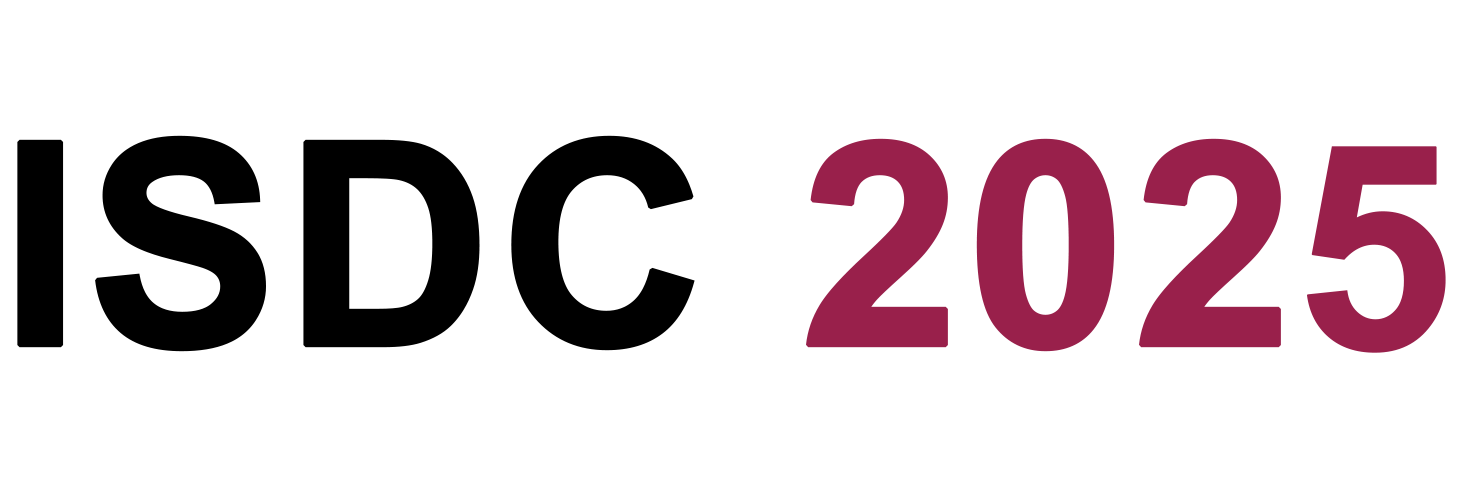
Toward a Theory of the Evolution of the Global Political Economy: How Capital & Labor Interact to Co-Create & Distribute Wealth
This paper explores how wealth is created and distributed within and between nations, and it develops a simple political-economic model which shows that including capital and labor, not just as factors of production, but as political-economic institutions which interact to co-create and distribute wealth, can improve on an augmented Solow model that includes accumulation of human as well as physical capital, and provide an improved explanation of OECD cross-country variation. A quantitative system dynamics simulation model of macro political economies is constructed which captures labor tolerance to inequality and capital sensitivity to redistributive tax. This will draw on the existing economics and political science theoretical literatures and empirical datasets. The parameters which capture capital and labor interactions are estimated using data from the median voter theory and tax elasticities respectively. The resulting system of nonlinear differential equations are simulated numerically. Nations which have high labor tolerance to inequality and low capital sensitivity to redistributive tax have the highest growth rates and the highest inequality. Conversely, nations which have low labor tolerance to inequality and high capital sensitivity to redistributive tax have the lowest growth rates and the lowest inequality. ‘Off-diagonal’ nations include the US (high labor tolerance and high capital sensitivity) and Japan (low labor tolerance and low capital sensitivity). This paper aims to contribute to macroeconomic theory of growth by complementing the Solow and Romer models with a political-economic causal structure which captures the redistributive actions between capitalists and laborers. This paper therefore hopes to explain more cross-country variation in wealth and output among advanced OECD nations. 2025 Nobel Prize laureates Acemoglu, Johnson and Robinson referred to such modelling of institutions as the “Holy Grail” of political economy research.
Presenter:
Garry Piepenbrock